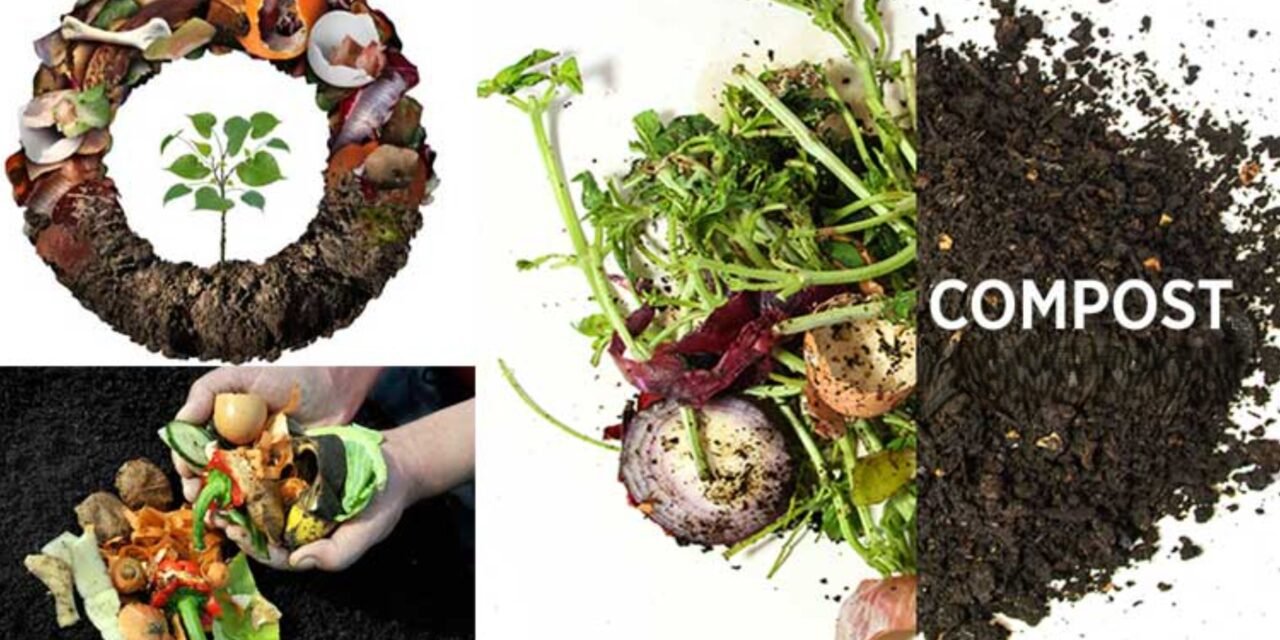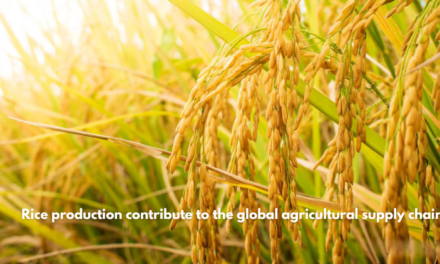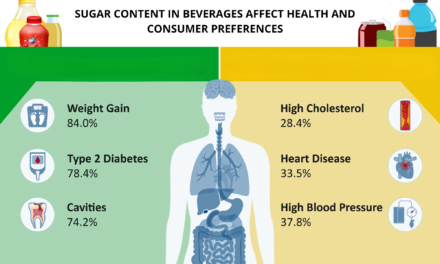Compost plays a vital role as an organic fertilizer in agriculture and gardening. It is a nutrient-rich material produced through the natural decomposition of organic matter, such as plant residues, food waste, and animal manure. Compost offers numerous benefits for soil health, plant growth, and environmental sustainability.
Key Roles of Compost as an Organic Fertilizer
- Improves Soil Fertility:
- Compost provides essential macronutrients (nitrogen, phosphorus, potassium) and micronutrients (iron, zinc, copper) that are vital for plant growth.
- It enhances nutrient availability in the soil by slowly releasing nutrients over time, reducing the risk of leaching.
- Enhances Soil Structure:
- Compost improves the soil’s physical structure by increasing its organic matter content.
- It helps sandy soils retain moisture and nutrients while improving drainage in clay soils.
- Boosts Microbial Activity:
- Compost fosters the growth of beneficial soil microbes, which decompose organic matter and make nutrients available to plants.
- It supports the soil’s natural ecosystem, promoting long-term soil health.
- Increases Water Retention:
- Organic matter in compost improves the soil’s capacity to retain water, reducing irrigation needs and helping plants withstand drought conditions.
- Suppresses Plant Diseases and Pests:
- Compost can suppress soil-borne diseases and pests by promoting healthy microbial diversity.
- Beneficial microbes in compost compete with pathogens, creating a natural form of pest control.
- Reduces Chemical Fertilizer Dependence:
- By providing nutrients naturally, compost reduces the need for synthetic fertilizers, lowering input costs and minimizing chemical runoff.
- Mitigates Soil Erosion:
- The organic matter in compost binds soil particles together, enhancing soil stability and reducing erosion caused by wind or water.
- Recycles Waste and Reduces Environmental Impact:
- Composting organic waste reduces landfill use and greenhouse gas emissions, promoting sustainable waste management.
- It recycles nutrients from organic waste back into the soil, closing the nutrient loop.
- Balances Soil pH:
- Compost can buffer soil pH, making it more neutral and suitable for a wider range of plants.
- It helps correct soil pH imbalances caused by excessive use of chemical fertilizers.
- Promotes Sustainable Agriculture:
- Compost supports sustainable farming practices by improving soil health, reducing environmental pollution, and encouraging resource recycling.
Best Practices for Using Compost
- Application Rate: Use the right amount to avoid nutrient imbalances or over-fertilization.
- Maturity: Ensure the compost is fully decomposed before application to prevent issues like nitrogen immobilization.
- Incorporation: Mix compost into the soil for best results, particularly in the root zone.
- Crop-Specific Needs: Tailor compost application based on the nutrient requirements of specific crops.









